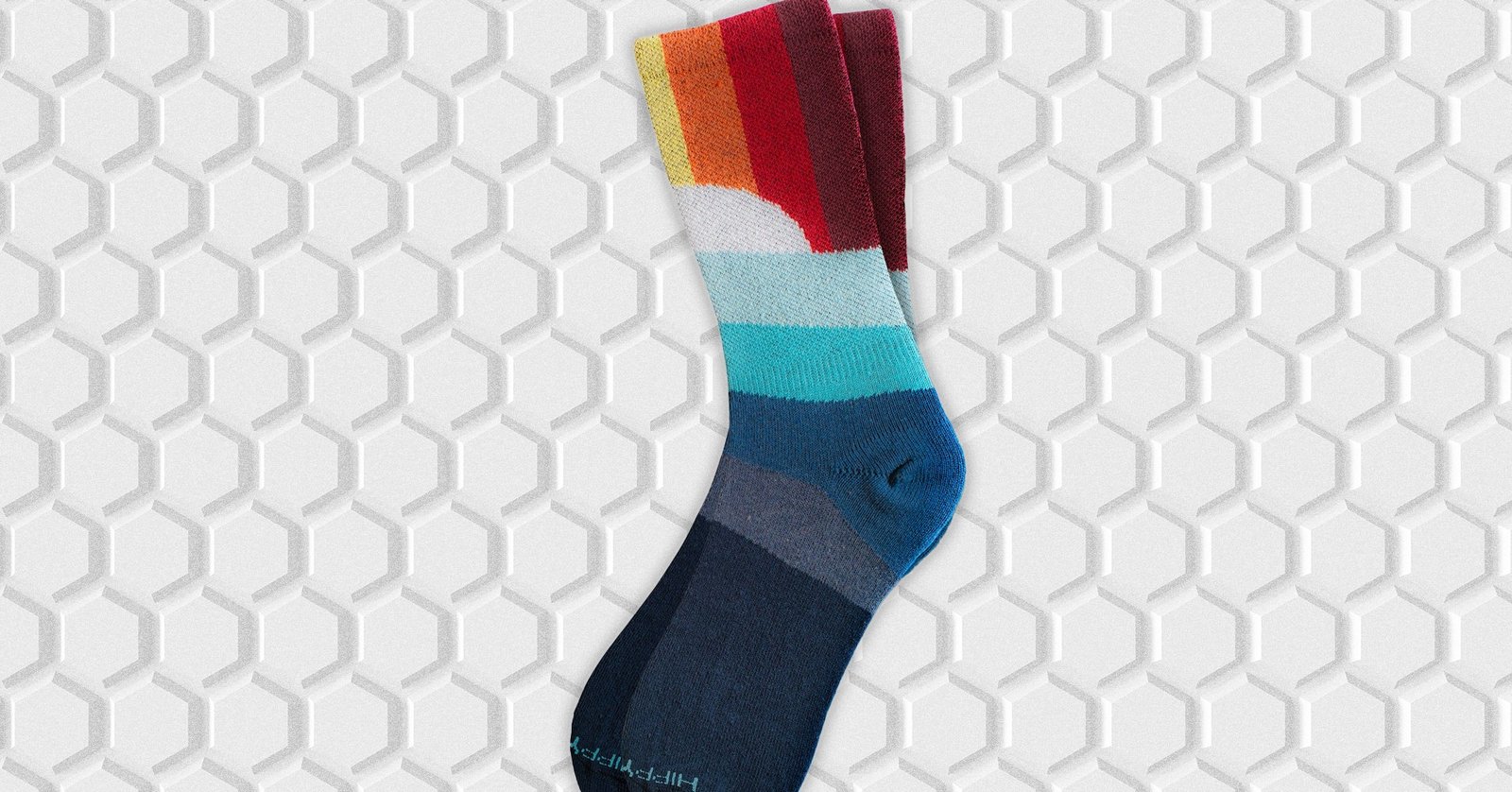DEXA Scan Deep Dive, With Insights From the Experts (2025)

For most people, though, “if results are strong, maybe you don’t need another scan for five years,” says Wagner. “If they’re lower, lifestyle interventions can help, and you may want to recheck in a year.”
Radiation exposure is negligible, less than a chest x-ray. But the psychological impact can be more complicated. For some, the numbers motivate: “When I did a body composition test at 36, I had way more body fat than I expected,” Cheema says. “That pushed me to change my workouts and eating patterns in ways that improved my health—something BMI alone wouldn’t have prompted.”
For others, especially those with histories of disordered eating or body image issues, it can be destabilizing and overwhelming. Numbers can become another metric to obsess over rather than a tool for health. “It can be overwhelming if you don’t have a clinician to interpret the results,” Gidwani says. “That’s why I review all of my patients’ scans with them.”
Cheema agrees: “Too much detail without guidance risks overwhelming people with information that isn’t clinically actionable.”
“I don’t think DEXA gives too much information compared to, say, a whole-body MRI, which can reveal incidental findings that can cause anxiety and lead to unnecessary interventions,” says Gidwani. “Its data points are actionable: decrease body fat, reduce visceral fat, increase muscle.”
Experts emphasize that actionability is key. “The most important metrics are visceral adipose tissue and total body fat percentage, especially when tracked over time,” Cheema says. “But DEXA also breaks things down by arms, legs, trunk, etc. That can veer into aesthetics rather than health.
Should You Get One?
If you’re 65 or older, or at risk for osteoporosis, your doctor may already recommend a DEXA scan for bone health. For women in perimenopause, when bone density can drop by as much as 20 percent, an early baseline scan could flag risks years before they become urgent.
DEXA also detects sarcopenic obesity, where muscle loss occurs alongside high body fat. “Someone may look normal weight on a scale, but a DEXA can reveal poor muscle-to-fat balance,” Gidwani says.
Beyond those groups, the use case narrows. Athletes, bodybuilders, and people on GLP-1 medications may find the data genuinely useful. For generally healthy adults who exercise, eat decently, and check in with a doctor, many clinicians are indifferent.
“For a healthy individual, I wouldn’t universally recommend it,” Cheema says. “Lifestyle changes and basic care may matter more than getting a DEXA.” There are alternatives—bioimpedance scales, Bod Pods, and AI-enabled wearables—but none are as accurate as DEXA. For now, it remains the most precise, if expensive, tool available.
Final Takeaways
My DEXA results were somewhat humbling. Despite near-daily workouts and a decent diet, the scan flagged more body fat than I expected and the beginnings of osteopenia in my spine. The bright side was an “excellent” visceral fat score, something I’ll be bragging about indefinitely.
Catching early bone loss feels actionable; I can tweak my workouts to prioritize strength and mobility. But the body fat percentages have lived in my brain rent-free ever since, without offering much in return. I don’t plan to shell out a few hundred dollars for another scan anytime soon, so I may never know if my adjustments are actually working.
That’s the paradox of DEXA. For those with medical risks, it can be invaluable. For athletes chasing marginal gains, it’s another knob to turn. But for the rest of us, it’s a reminder that data is only as useful as what you’re willing or able to do with it. In the end, DEXA doesn’t promise longevity so much as it promises numbers, and numbers alone don’t add years to your life.
Meet the Experts
- Jennifer Wagner, MD, MS, chief health and performance officer, Canyon Ranch in Tucson, Arizona.
- Josh Cheema, MD, medical director of Northwestern Medicine Human Longevity Clinic in Chicago, Illinois.
- Pooja Gidwani, MD, MBA, board-certified physician in internal medicine and obesity medicine in Los Angeles, California.











